Launching Africa Ports, Logistics & Infrastructure Summit: Accelerating trade, transforming ...
The Portuguese-Speaking World Needs a Development Bank – Academic
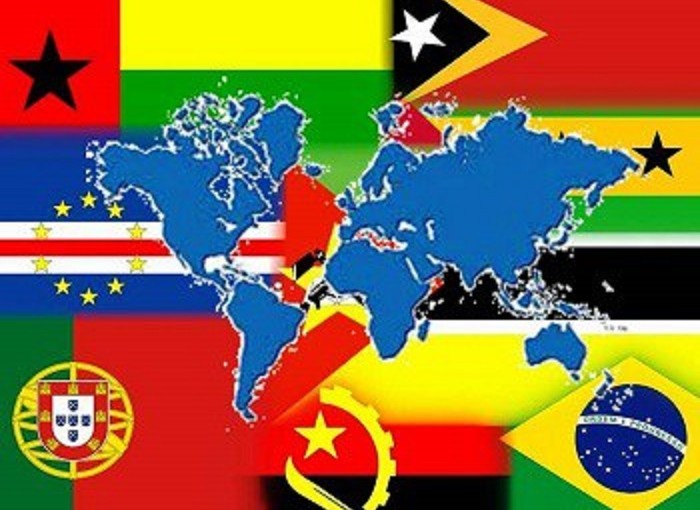
In file Club of Mozambique
The Lusophone world needs its own development bank similar to that of the British Commonwealth, according to Portuguese academic Bernardo Teotonio Pereira, professor at the Nova School of Business and Economics (SBE) in the Universidade Nova de Lisboa.
A development bank would help CPLP (Community of Portuguese Speaking Countries) member states develop their “great economic potential”, Pereira said, speaking to Lusa news agency after the start of the third “Lusophone World Global Potential” masters seminar.
“It is essential that the CPLP is seen in a holistic and integrated manner. The world has to be looked at with the potential of each region in mind. We have to put together the essential foundations for fostering development in our communities and, for this, it is essential that we create a Lusophone development bank,” Pereira said.
Pereira recalled the “good example” of the Union of Banks, Insurance and Financial Institutions of the CPLP.
“This difference gives us that potential and this is the vision that we must regain. Our generation is no longer the same as that which lived in the former colonies, so we have to rebuild the foundations and friendship between people and countries that speak the same language. We have to reach out to countries that speak our language with the humility to ask them, ‘How can we serve you?’.”
“We have to leave the stigma of fatherhood and return to this basic question. Our country (Portugal) has enough history to put aside pride because, as Pope Francis says, ‘the important people are filling the cemeteries’,” he added.
Speaking about the masters seminar which he conceived, and highlighting the fact that it is taught in Portuguese when most management, economics and finance courses are taught in English, Teotónio Pereira stressed the importance of the Portuguese language in the world and the potential for its use in a global context.
Teotónio Pereira is critical of Portuguese foreign policy to date, arguing that it must be based on four pillars – Europe, the Atlantic, the Mediterranean and contiguous interests, and a presence that goes beyond Portuguese territory.
“This will leave us in a position where we will be no longer forcd to choose one of them exclusively. That’s what has happened in recent years in Portugal: we follow only one option and we just forget about the other three, which are also essential to the identity matrix,” he said.
To Bernardo Teotónio Pereira, this is “fundamental” in an international college like the Nova SBE, where 46 percent of those attending the masters seminar are students of foreign origin who come to Portugal: allowing them to “get a sense of the value of speaking the Portuguese language”.
“The more people speak our language, the more power we have. The idea is not to say what is wrong. We had enough of tearing up the past in the 1970s. Now it is about looking to a future that has necessarily to be different,” he argues.
Divided into three parts – Dia da Língua (Language Day),Wednesday, Dia do Mundo (World Day), Thursday, and Visão Político-Constitucional (Political and Constitutional Vision), Friday – the masters seminar will feature several guest speakers, including António Vitorino and Paulo Portas on the closing day and representatives of cultural organisations such as Rock in Rio festival and Conexão Lusófona.


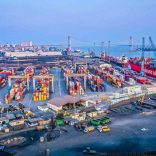
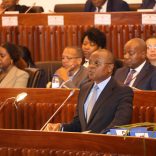
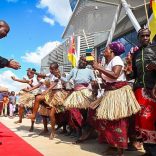
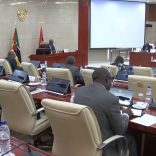

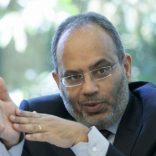





Leave a Reply
Be the First to Comment!
You must be logged in to post a comment.
You must be logged in to post a comment.